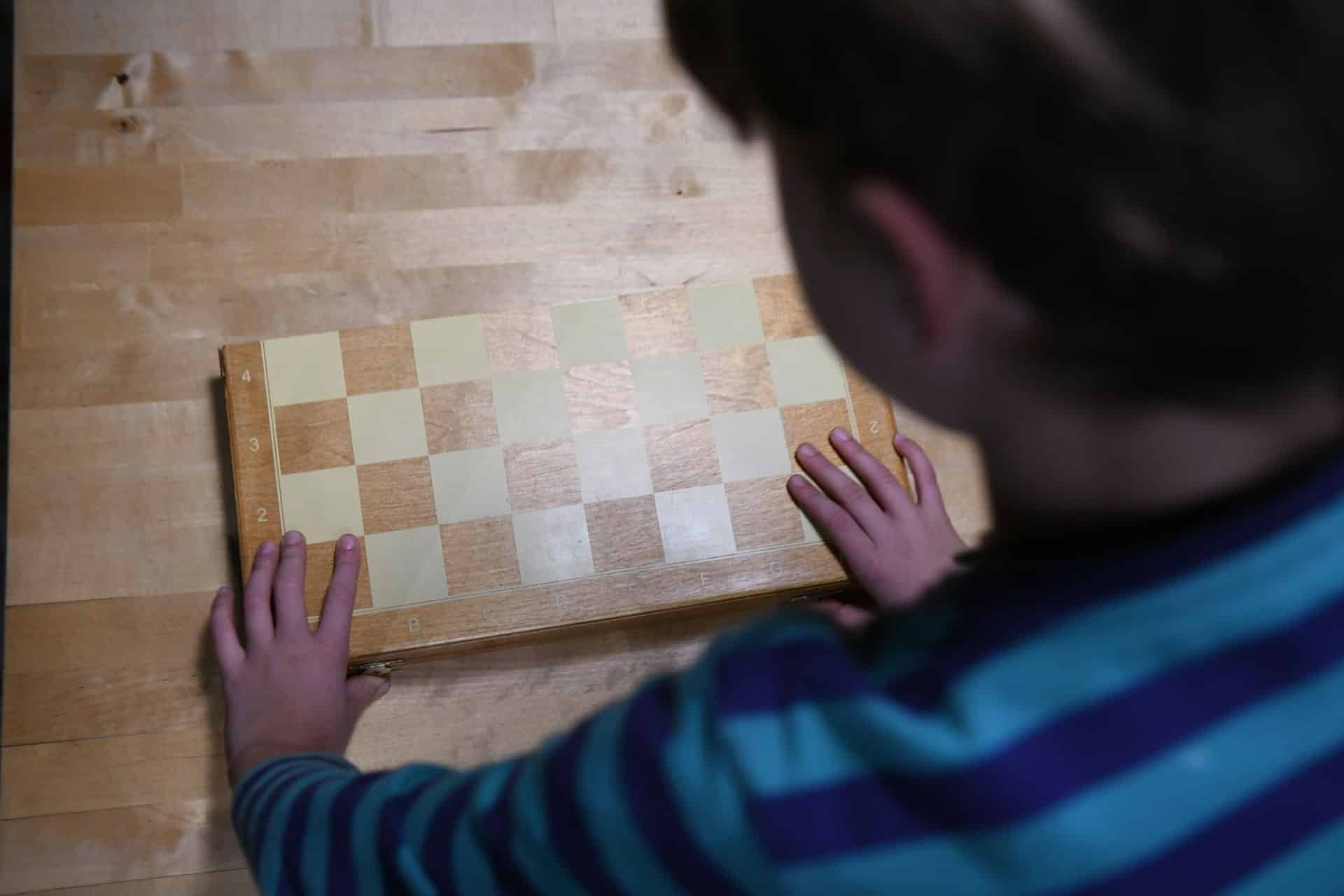There is no clear opinion as to which skills in a child are considered critically important to develop. Still, everyone agrees that among the most critical skills, there is definitely a place for the ability to make decisions. On his life's path, any person from time to time is faced with the need to make difficult, vital decisions that can largely determine his fate.
In addition, the ability to quickly and rationally make the right decisions in small things can make life much easier. If your child always chooses quickly and correctly, this will undoubtedly benefit his career, reputation, and family life in the long run. Suppose that due to the number of school assignments, finding time to learn something outside the educational program is impossible. In that case, you can contact an academic writing assistant. Professionals will help your child cope with routine college assignments and free up time for more critical tasks.
Table of Contents
#1 The Importance of Decision-Making Skills in Youth
You may not know it, but developing your decision-making abilities at an early age may profoundly alter your life, playing a key part in who you become and the ambitions you dare to pursue. It's more than simply choosing between chocolate and vanilla ice cream; it's about establishing autonomy, comprehending consequences, and accepting responsibility.
Developing decision-making abilities is a critical component of adolescent empowerment. When we allow our children to make choices on their own, we are preparing them for success. We're teaching children that they have power over their lives and that their decisions have consequences. This self-assurance may lead to academic success, job promotion, and personal development.
Autonomy in decision-making is critical. It promotes critical thinking and teaches youngsters that every decision has consequences, both positive and negative. They learn to thoroughly examine possibilities before making judgments, which helps to create responsibility.
So keep this in mind: the sooner we start teaching our children how to make solid choices on their own, considering all potential outcomes, the better they'll be able to handle life's problems. Giving kids these skills will surely help mold them into well-informed individuals who are prepared to tackle whatever life throws at them.
#2 Strategies for Guiding Young Minds in Choice Making
We've put together some general strategies to help you nudge your child in the right direction. Some of these strategies will work better for one child, while another will respond to the opposite approach. Do not forget that all children are different, and there are no absolute answers in education.
One strategy is introducing Emotional Intelligence (EI) at an early stage. EI teaches kids to recognize and manage their emotions, enhancing their ability to make more informed choices. You can engage them in activities that challenge their emotional understanding and provide opportunities for emotional growth.
Cognitive Development is also crucial in this regard, as it equips children with problem-solving skills essential for effective decision-making. Encourage curiosity and creativity as they fuel cognitive development; ask open-ended questions that stimulate thinking and allow them to explore various solutions.
Be patient when kids make decisions – especially wrong ones – as these are excellent learning opportunities. Show empathy and discuss consequences, but avoid being judgemental – you teach them how to think, not what to think.
Remember, practice makes perfect; therefore, consistently provide practical scenarios where they can exercise their decision-making skills. By doing so, you'll be shaping responsible future adults capable of making wise decisions autonomously.
#3 Enhancing Problem-Solving Abilities in Kids
A straightforward and time-tested method of preparing a child for life’s difficulties exists. The only difficulty is finding a balance between the learning process and the lack of help. From a certain age, your child should independently learn to solve problems that arise along the way, but at the same time, should not feel abandoned.
| Step | Action | Result |
| 1 | Exposure to problems | Stimulates curiosity |
| 2 | Guided practice | Builds confidence |
| 3 | Independent problem solving | Enhances creativity |
Begin by introducing your child to challenges suitable for their age, sparking their curiosity – the learning kickstart. Follow up with guided practice, aiding them in logically and systematically tackling the issues, which helps build their confidence.
Promote independent problem-solving. Allow room for mistakes, which is vital to cognitive growth and nurturing creativity. Remember that it's not about having every solution but steering your child towards independently sorting out difficulties. Moreover, shielding them from all disappointments and frustrations isn't ideal; such experiences often provide invaluable lessons in improving decision-making skills later in life.
#4 Boosting Self-Confidence through Choices
Encouraging children to make their own choices not only boosts their self-esteem but also teaches independence and responsibility, both of which are essential components of youth empowerment. Allowing your youngster to select shows them that they are cherished.
However, don't overwhelm children with obligations right away; instead, start small. Allow children to choose what to eat for lunch or what to wear for the day – such little decisions assist in developing problem-solving abilities while increasing confidence.
As kids master these minor activities, they progressively raise the stakes. Allow children to plan the next family vacation or choose a charity to which they may give pocket money. And what if they fail on this path? That is also acceptable! These missteps provide excellent learning opportunities. Continuously encourage decision-making in your children since it empowers them by providing them control over their choices and increasing their long-term confidence.
The Bottom Line
Raising a child is a complex process that primarily requires developed intuition and the ability to find the fine line of balance between opposites. Raising a child competently is even more complicated, and one of the tough challenges is developing the child's decision-making abilities. You can take our article as a general guideline that sets the direction. But remember that all children are different, and your action plan must be individually tailored for each child!






